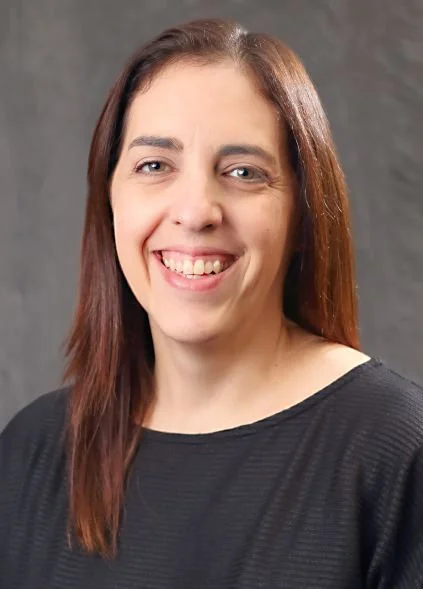‘Helping them find their brave’: Empowering childhood cancer patients & their families
Erika Sheaffer, M.S., CCLS
By Erika Sheaffer, M.S., CCLS
Child Life Clinical Supervisor, Children’s Hospital of Philadelphia
When a child visits a hospital or medical facility for a procedure, they can often experience feelings of uncertainty, anxiety, or fear.
As a Certified Child Life Specialist, I work to address concerns patients might have during hospitalization or other medical experiences due to psychological and social factors. I provide education on the front end to help patients prepare for the experience of their medical procedure.
My primary focus is outpatient oncology. Whether for a blood draw, MRI, or other procedure, I work with the patient to create a coping plan; for a patient with a fear of needles, for example, a coping plan for his blood draw could specify where he wants his mother to sit and what distractions would be helpful. I then collaborate with the care team to carry out the plan.
Most of my workday is spent on direct patient care, and as a supervisor I provide direction to seven child life specialists. I also develop a lot of the educational materials we use with patients. It’s important to be flexible and able to prioritize in my role, as new situations are always arising.
I also partner with patients’ families to provide support to siblings, parents, or grandparents. A child’s illness affects the entire family. The child life specialist role really focuses on how to minimize adverse effects for the patient and their family. They may have existing skills, but need help adapting those skills to the medical environment. A child life specialist can incorporate what works well at home to normalize the medical environment. We can also work with families to develop new coping strategies.
The work of child life specialists is important because we advocate for the patient and family to provide care at the child’s developmental level. We use our knowledge of child development to break down information so the patient and family understand what’s happening and why it’s important.
It’s rewarding when I can empower a patient and their family to be successful. I often say it’s “helping them find their brave.” When patients are provided knowledge, they’re able to develop coping skills that allow them to succeed.

